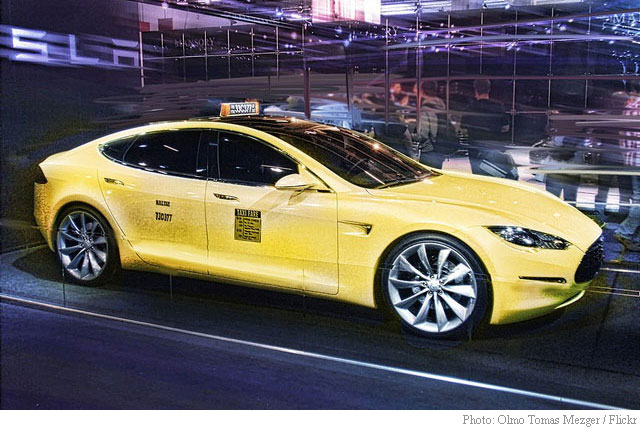Uber Technologies Inc. (UBER), the leading player in the ride-sharing market, has signaled a slowdown in its core taxi app business by projecting fourth-quarter gross bookings below what Wall Street had anticipated. This news has led to a sharp decline in Uber’s stock, dropping nearly 10%.
The third quarter saw Uber’s bookings growth, a pivotal metric for gauging ridership in the online taxi sector, reach its lowest rate in over a year. This growth rate not only decelerated but also missed the forecasts set by analysts. Adam Ballantyne from Cambiar Investors, a stakeholder in Uber, remarked on the disappointment among growth investors expecting an uptick in growth rather than a slowdown.
The ripple effect of Uber’s forecast was felt across the market, with competitor Lyft’s (LYFT) shares also declining by more than 3% ahead of its own earnings report scheduled after the close of the market on Wednesday, November 6. This scenario paints a broader picture of a cooling demand within the ride-hailing industry, influenced by economic uncertainties and inflationary pressures that have consumers reconsidering their transport choices. Susannah Streeter from Hargreaves Lansdown suggested that there might be a shift towards more cost-effective transportation options.
Despite these challenges, Uber’s CEO Dara Khosrowshahi remains optimistic about untapped potential in suburban markets. Contrary to the belief that Uber saturation is complete, Khosrowshahi believes there’s room for expansion, particularly in less urbanized areas. He outlined plans to leverage pricing strategies tailored for longer suburban trips and enhance features for ride reservation and waiting, aiming to make Uber more appealing in these regions.
Financially, Uber showcased resilience in the third quarter with its mobility business gross bookings growing by 26.4%, and user engagement reaching unprecedented levels. The company’s total revenue hit $11.19 billion, surpassing the analyst consensus of $10.98 billion. Net income was significantly bolstered to $2.61 billion, thanks in part to a $1.7 billion pre-tax gain from equity investments. Operating profit also soared to a record $1.06 billion, and adjusted EBITDA was reported at $1.69 billion, slightly above expectations of $1.64 billion.
However, looking ahead, Uber’s projected adjusted EBITDA for the fourth quarter is set between $1.78 billion and $1.88 billion, falling short of the expected $1.84 billion. This cautious forecast contributed to the immediate negative reaction in the stock market, reflecting investor concerns over future profitability and growth in a challenging economic environment.
As Uber navigates through these dynamics, its strategic moves towards suburban markets and continued focus on profitability metrics like EBITDA will be critical in determining its trajectory in the fiercely competitive ride-sharing industry. The broader implications for the sector suggest a period of recalibration as companies adapt to changing consumer behaviors and economic conditions.
Price Action
Uber shares were trading down by 9.41% at $71.96 at the time of publication Thursday. The $167 billion market cap name is up 17% year-to-date and 56% year-over-year.
Reference: Reuters
- Bulenox: Get 45% to 91% OFF ... Use Discount Code: UNO
- Risk Our Money Not Yours | Get 50% to 90% OFF ... Use Discount Code: MMBVBKSM
Disclaimer: This page contains affiliate links. If you choose to make a purchase after clicking a link, we may receive a commission at no additional cost to you. Thank you for your support!





Leave a Reply